Across Cascadia as in most of the rich world, little-known rules slipped into almost every local zoning code push up rents, kill jobs, and make new Main Streets illegal. They quietly make it impossible for cities and towns to gradually evolve toward more walkability. In 2022, Oregon approved the biggest rollback of parking mandates in the modern history of North America. Our series shows why.

Nestled near the Columbia River in Wood Village, Oregon, is the largest Walmart in the Portland region. The building spans three-and-a-half football fields, but it’s dwarfed by something else: the surrounding parking lot, twice as big as the store itself.
When it expanded from a Walmart to a Walmart Supercenter in 2004, its floor space increased by 45 percent. Its parking lot grew less, though, only adding 36 percent more spaces. Turns out, Walmart has been quietly reducing its parking ratios for years.
Read more here
Urban heat islands got national attention this past summer after a record heat wave in the Pacific Northwest killed hundreds. In Portland, where the heat disparities between neighborhoods are among the worst in the country, one thing jumps out when you look at maps of these places: huge parking lots.

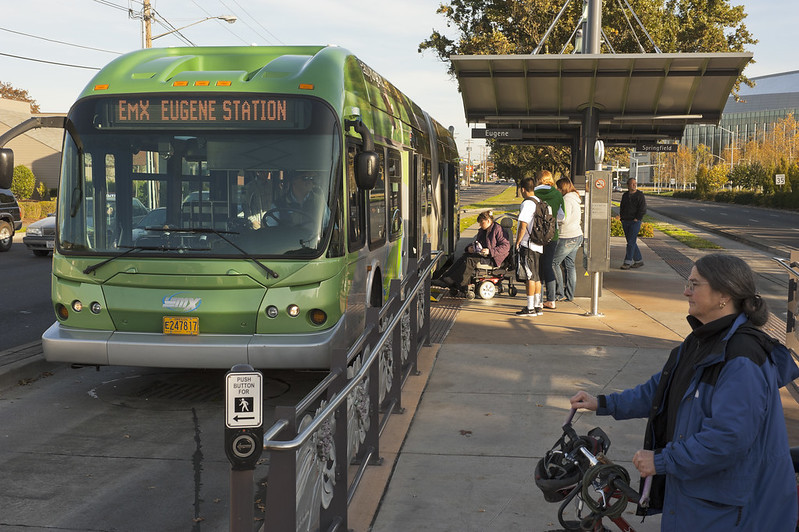
What if more of our collective brainpower—not just our governments, but the billions of tiny decisions that add up to our entire economy—were working to reduce our dependence on the automobile?
How many good little ideas might we come up with?
Here’s one: apartments that come with an all-you-can-ride transit pass included.
Read more here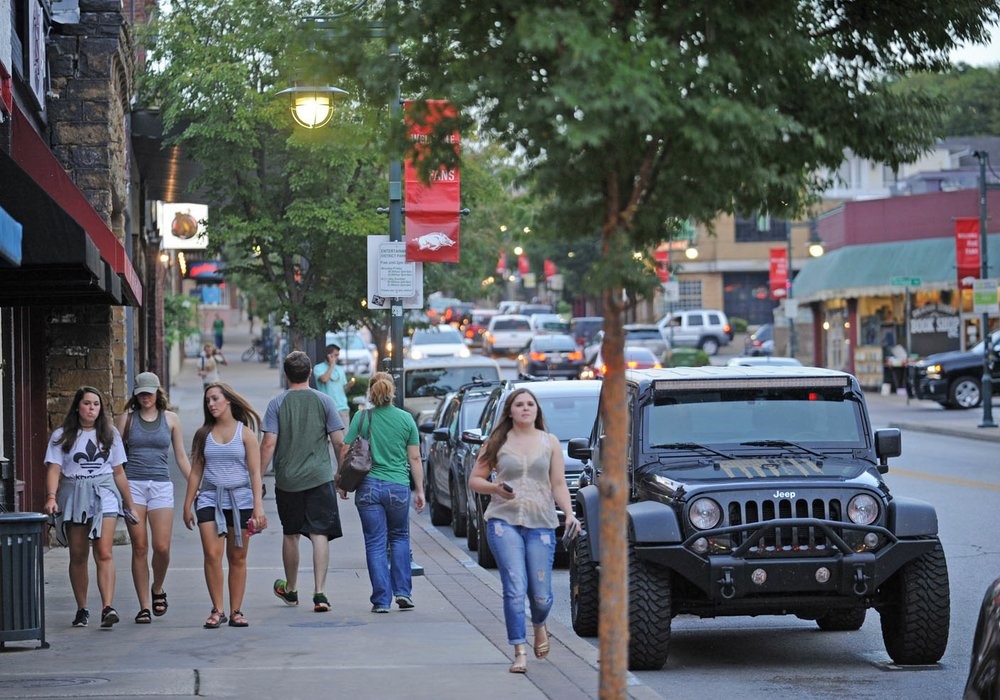
Fayettevile city planner Quin Thompson built the case to remove parking minimums after several years on the job. He began to see a pattern in the same properties over and over again. Something in the city rules seemed to be keeping those buildings empty—and preventing anyone’s new ideas from taking root. In one case after another, it turned out that the key issue was parking—specifically the minimum number of parking spots required. It was possible for a property owner to get planning permission to reduce the amount of parking required, but people seldom tried.
Now, six years after the mandates were lifted, those addresses have rejoined Fayetteville’s thriving economy.
Read more here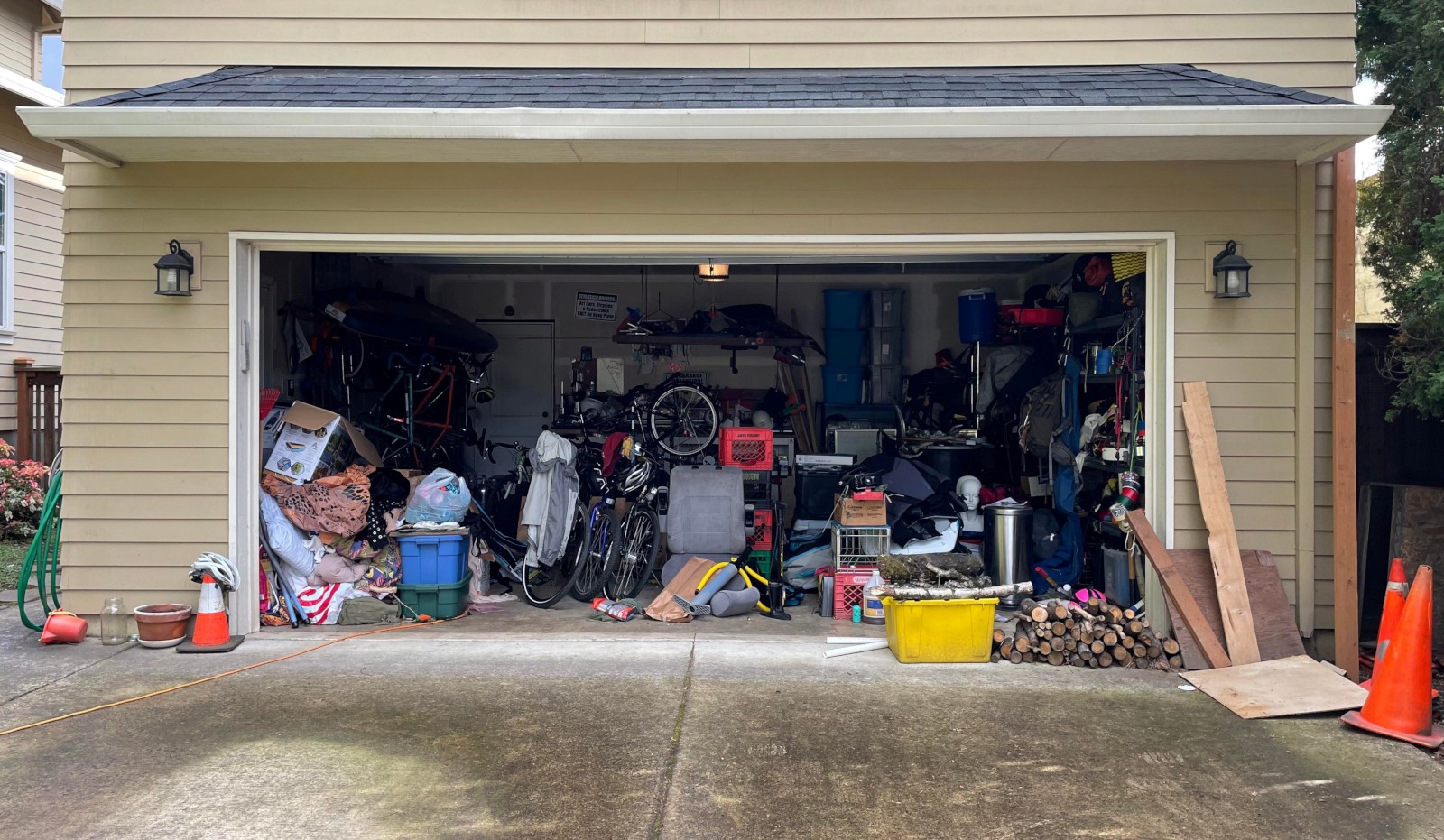
Almost everywhere in the Pacific Northwest, as in the rest of the United States and Canada, it’s illegal to build a home without also building one or more parking spaces to go with it. A common defense of these costly parking mandates is that if there is an off-street space to tuck in every car for the night, curbside parking will never get too full. But this idealized image ignores reality. When storing a car on the curb is free, a garage isn’t necessarily a garage: it’s a great big walk-in closet.
Read more here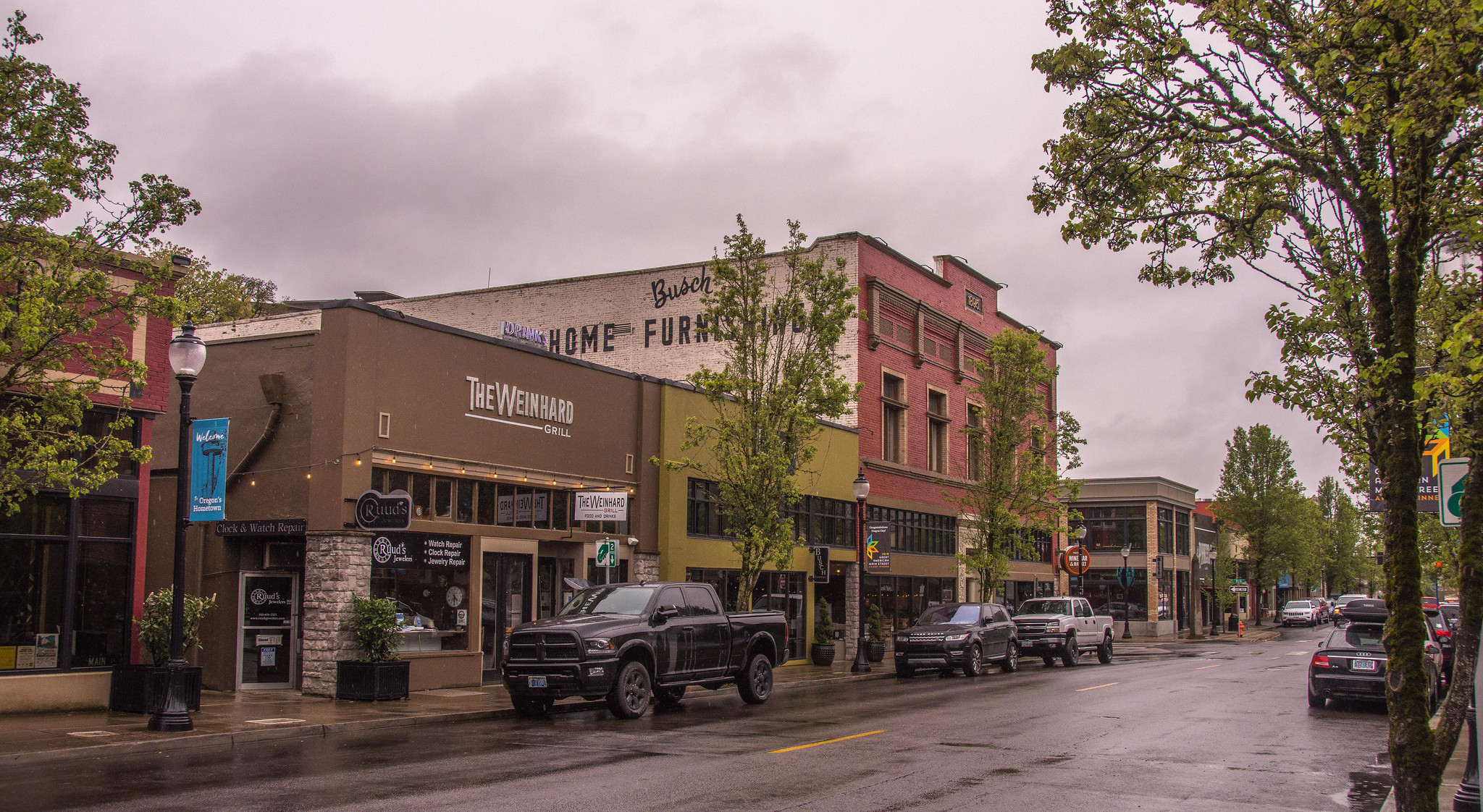
In effect, parking mandates declare a parking space to be more important than a home or a job.
Oregon’s proposed reform would begin to reverse that. Over the next three years, it would give the 53 jurisdictions in the state’s eight largest metro areas—the urbanized areas in and around Albany, Bend, Corvallis, Eugene, Grants Pass, Medford, Portland, and Salem, home to about two-thirds of the state’s population—various options for rolling back or eliminating their decades-old parking mandates.
Read more here
There’s reason to believe that most voters prioritize housing over parking. But most voters don’t show up to zoning hearings. Instead, local zoning meetings often go something like this: the more localized a land use change is, the more heavily the scales are tipped towards the status quo.
Read more here
Parking mandates aren’t the main reason we have parking lots. We have parking lots because cars are useful and, in many cases, necessary. And Oregon isn’t considering a ban on parking lots, new or old.
But the effect of mandatory parking lots is to keep cars necessary. By forcing buildings apart and driving up the cost of adding homes, shops, and offices to walkable areas, parking mandates make it illegal for cities to ever gradually and voluntarily evolve away from auto dependence.
Read more here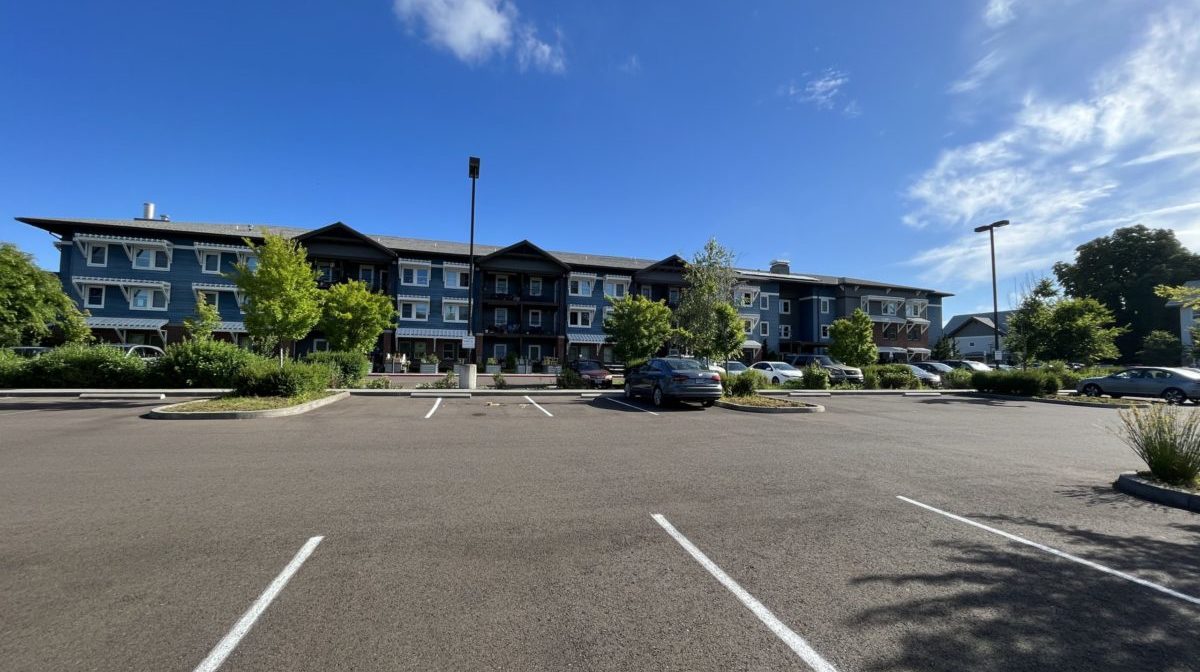
Parking eats away at the buildable area of a site. It means fewer homes and less space for amenities like garden beds, playgrounds, or walking paths. Bigger impervious surfaces also drive up the cost of managing stormwater and amplify temperatures during heatwaves. Each needless parking space hits a project twice: once in its direct construction costs, and then perpetually through the lost revenue of homes that weren’t built, increasing the public subsidy needed to maintain the building over time.
Households with the lowest incomes are also the least likely to need a parking space at all.

Data: 2017 National Household Transportation Survey.
Read more here
Parking reforms like Oregon’s don’t actually presume that a better world is possible. Their work is deeper. They allow better worlds to be possible.
Read more here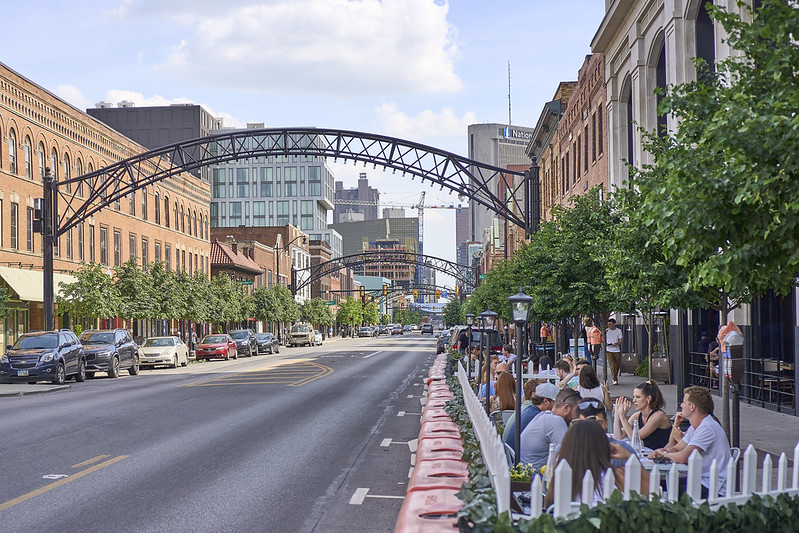
Of all the harms 20th century zoning has inflicted on communities, parking requirements are the easiest to fix. Each year, more cities are eliminating or reducing such mandates.
Read more here
